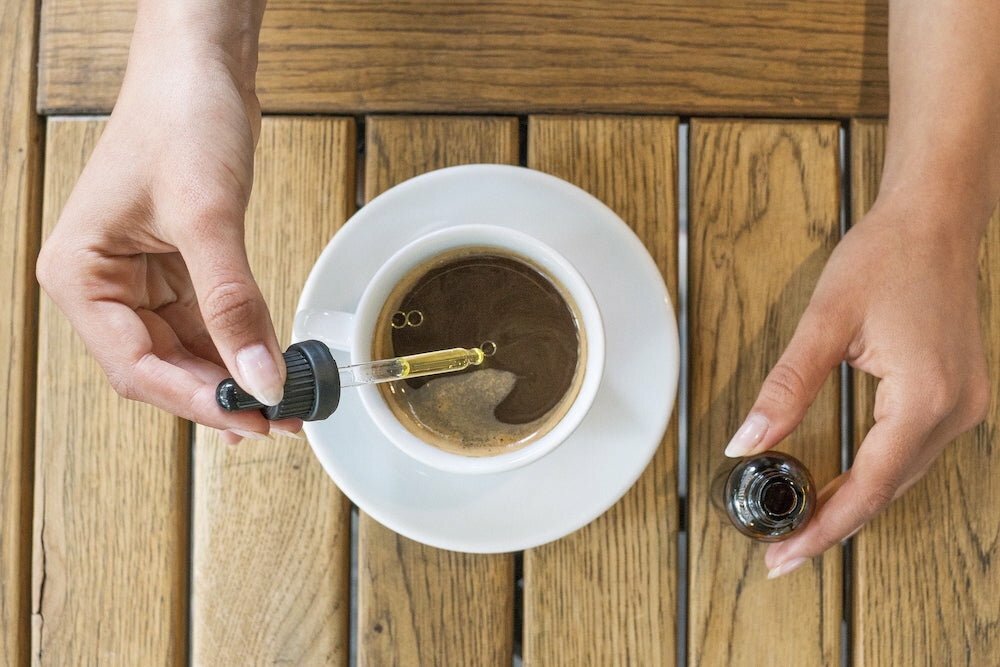1. CBD doesn't get you high
If your immediate concern is that your loved one will become a stoner or a pothead, you needn’t worry. CBD products are different from marijuana even though they are harvested from the cannabis plant. When those who use marijuana experience a high, it is due to the tetrahydrocannabinol, or THC.
CBD products have been chemically extracted from the cannabis leaves so that there is no THC present. So long as your loved one is using a reputably sourced CBD product it should not contain THC and its use will not leave them with a psychoactive experience.

In fact, most often the CBD on the market is extracted from the hemp plant in order to avoid the THC since most users, especially those with dementia will not be seeking a high, but rather to aid them in finding relief from other symptoms. There are several extraction processes but they all work in similar ways.
A solvent goes through the hemp plant leaves in order to separate all of the active compounds of the plant. The result is a highly concentrated and pure oil extract. Then companies take that oil and bottle it for sale, or use the oil to create other CBD products.













